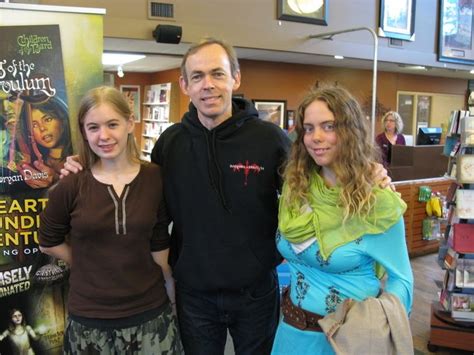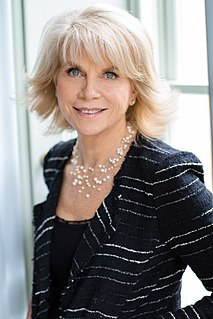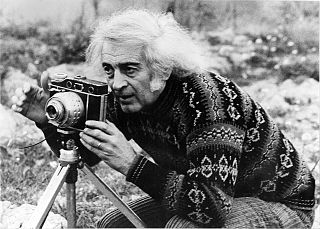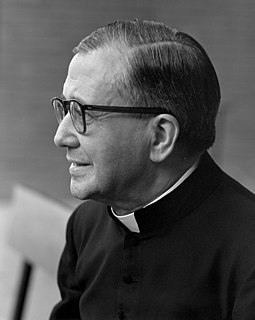A Quote by George Stigler
I recall my mother asking in about 1946 what I was and I replied proudly that I was a professor. A decade later she repeated her question and I repeated my answer. "No promotion?" was her comment.
Related Quotes
Elizabeth’s hands flew to her mouth; tears filled her eyes with happiness as she realized he was fulfilling yet another of her and her mother’s intended activities. “Why are you fulfilling all of my mother’s dreams?” she asked, studying his face and searching for answers. “So you don’t run away like she did in search of them,” he replied, taking her hand. “Come on, join in!” he said, leaping around.
There must be another life, she thought, sinking back into her chair, exasperated. Not in dreams; but here and now, in this room, with living people. She felt as if she were standing on the edge of a precipice with her hair blown back; she was about to grasp something that just evaded her. There must be another life, here and now, she repeated. This is too short, too broken. We know nothing, even about ourselves.
A little girl came home from school with a drawing she'd made in class.She danced into the kitchen ,where her mother was preparing dinner. "Mom,guess what ?" she squealed waving the drawing . her mother never looked up. "what"? she said ,tending to the pots. "guess what?" the child repeated ,waving the drawings. "what?" the mother said , tending to the plates. "Mom, you're not listening" "sweetie,yes I am" "Mom" the child said "you're not listening with your EYES
No aphorism is more frequently repeated in connection with field trials, than that we must ask Nature few questions, or, ideally, one question, at a time. The writer is convinced that this view is wholly mistaken. Nature, he suggests, will best respond to a logical and carefully thought out questionnaire; indeed, if we ask her a single question, she will often refuse to answer until some other topic has been discussed.
Although still viewed as lovely and alluring by many, Winston Churchill's mother shocked society when at 46 she married a man 20 years her junior. Most malicious of the many jibes launched at her was that of one lady who went about peering into perambulators. When asked her reason, she replied, "I am searching for my future husband."
[My mother] died a few months ago, and when she was dead I kissed her lips. For me it was a beautiful moment. From then on I started living with her, asking her from time to time if she was alright, if she was pleased with me. But these things are far greater than photography, and I probably shouldn't be speaking about them.
Her [Eleanor Roosevelt] father was the love of her life. Her father always made her feel wanted, made her feel loved, where her mother made her feel, you know, unloved, judged harshly, never up to par. And she was her father's favorite, and her mother's unfavorite. So her father was the man that she went to for comfort in her imaginings.
I mean, her father was an alcoholic, and her mother was the suffering wife of a man who she could never predict what he would do, where he would be, who he would be. And it's sort of interesting because Eleanor Roosevelt never writes about her mother's agony. She only writes about her father's agony. But her whole life is dedicated to making it better for people in the kind of need and pain and anguish that her mother was in.
So your strength is failing you? Why don't you tell your mother about it? ... Mother! Call her with a loud voice. She is listening to you; she sees you in danger, perhaps, and she-your holy mother Mary-offers you, along with the grace of her son, the refuge of her arms, the tenderness of her embrace ... and you will find yourself with added strength for the new battle.
As he was about to leave, she said, "Murtagh." He paused and turned to regard her. She hesitated for a moment, then mustered her courage and said, "Why?" She though he understood her meaning: Why her? Why save her, and now why try to rescue her? She had guessed at the answer, but she wanted to hear him say it. He stared at her for the longest while, and then, in a low, hard voice, he said, "You know why.



































